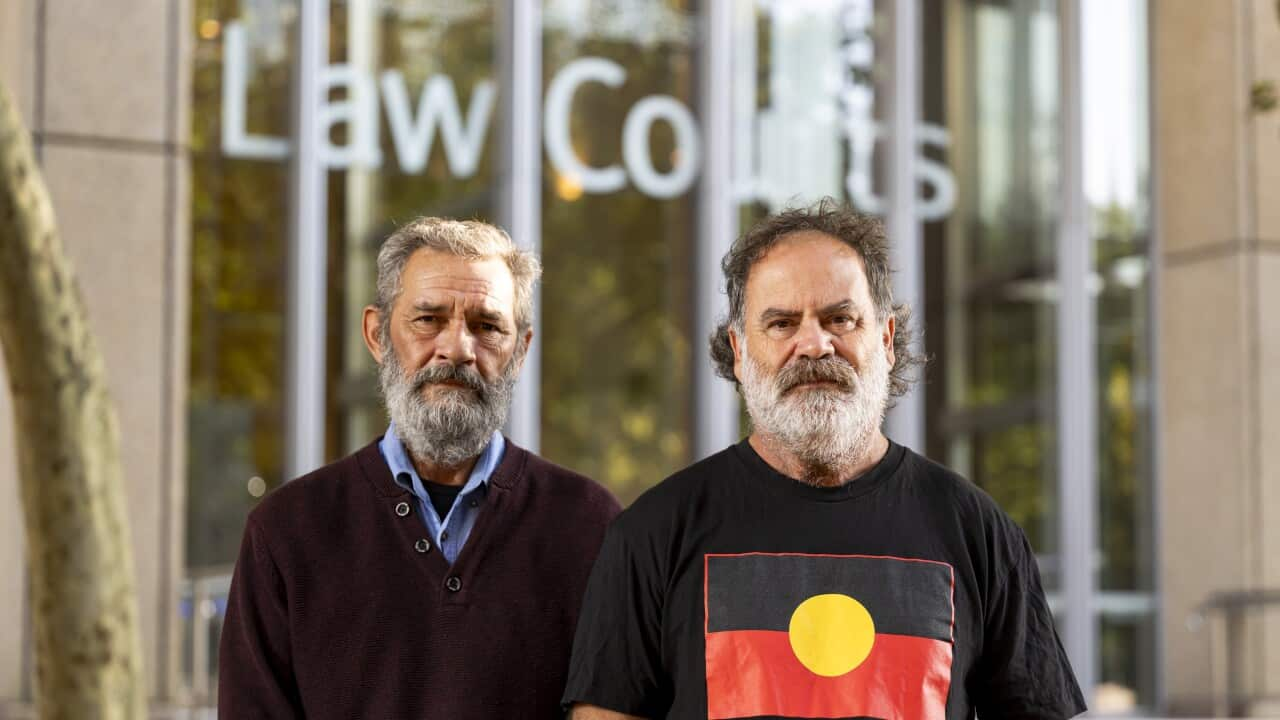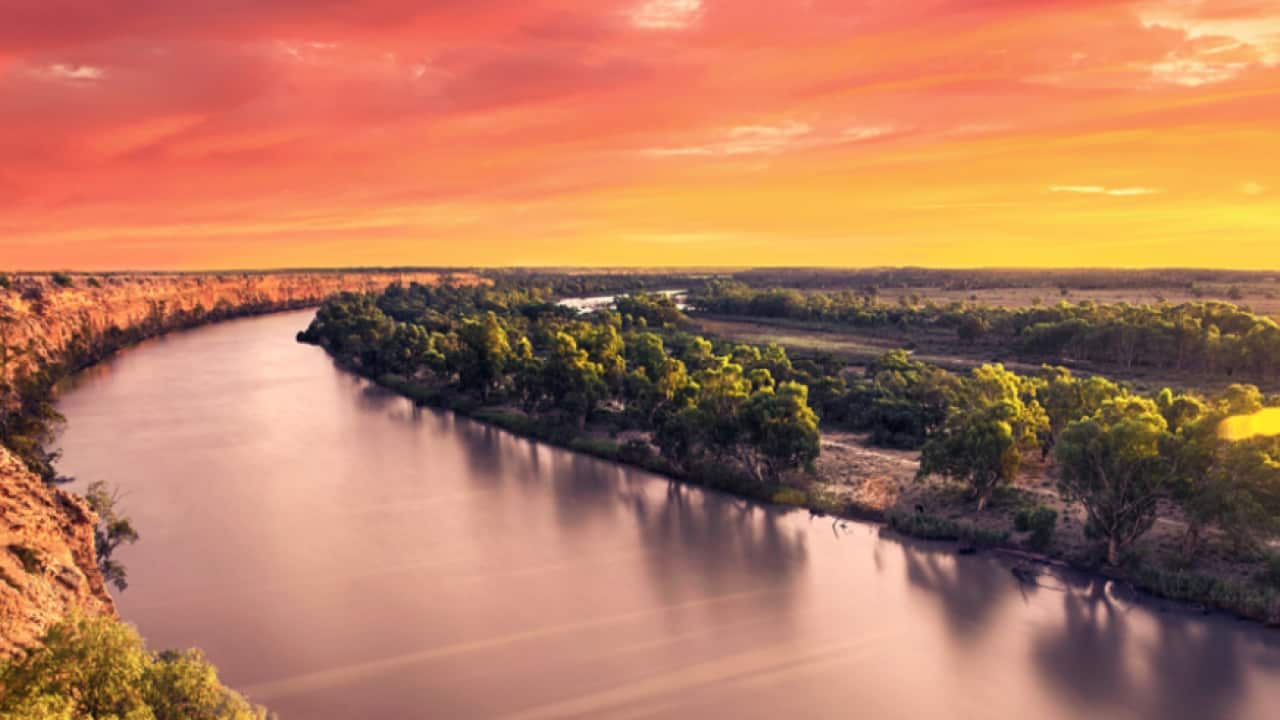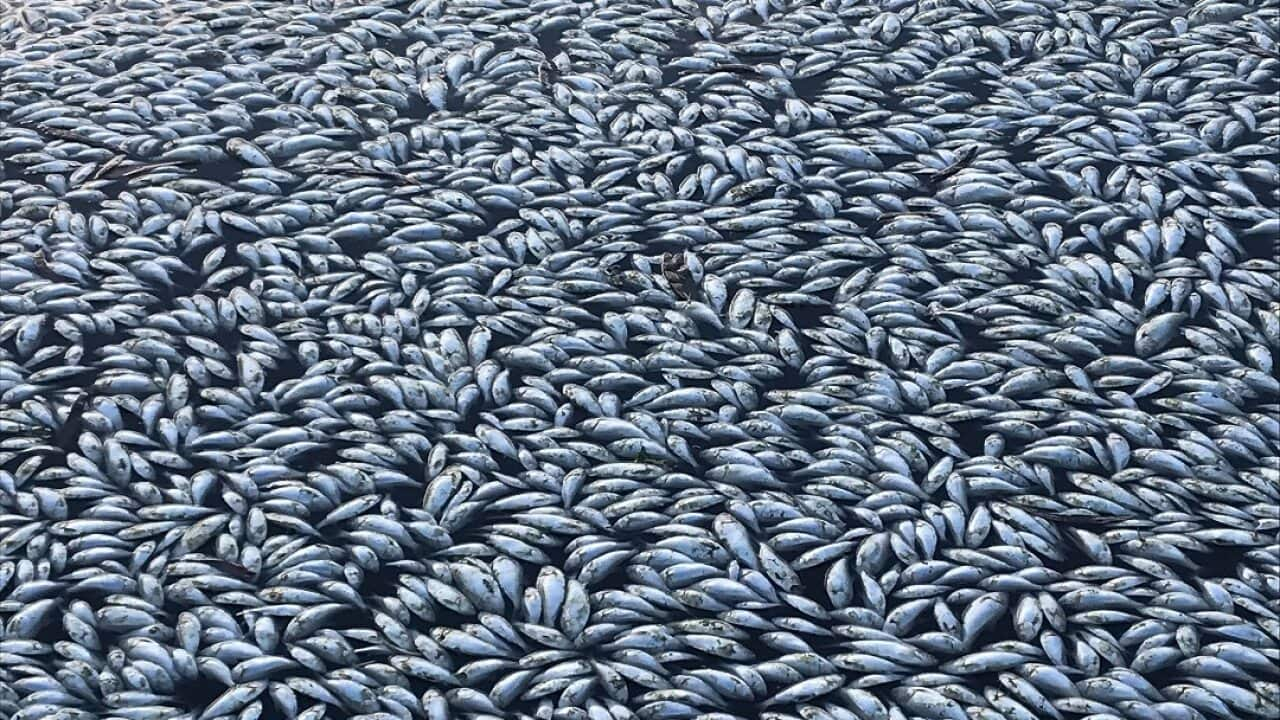A group of First Nations from the Lower Murray Darling is demanding that Indigenous water rights and knowledge be respected - and they've taken their fight to the Federal Court.
Murray Lower Darling River Indigenous Nations (MLDRIN) chair Brendan Kennedy told NITV that they were forced to take court action after Federal Environment Minister Tanya Plibersek approved a NSW water plan without giving Traditional Owners' concerns sufficient consideration.
"This is the first time that we, as a confederation of nations, have taken legal action within the colonial justice system," the Tati Tati man said.
"Iit's an opportunity for the courts to really interrogate the water management, mismanagement and maladministration in this country at the federal and state levels ..."
"So this has been a great opportunity for us as First Nations people to highlight [that] and the way that First Nations people are being denied access and opportunity to practise our inherent rights to water."
MLDRIN say that Ms Plibersek's admission in court that she made a mistake in accrediting the NSW Fractured Rock Water Resource Plan (WRP) shows a broader pattern of not taking First Nations' interests and expertise in water management seriously.
“The Minister’s failure to lawfully accredit the WRP has led to First Nations feeling that our rights and interests are no more than a ‘tick and flick’ process just as they were under the previous Coalition government," Mr Kennedy said.
"The Minister was the key authority that could have listened to our concerns, but she did not."
MLDRIN deputy chair Grant Rigney said their legal challenge highlights the need for a complete reset of the Federal Government approach to working with First Nations community controlled organisations.
"We stand by our right to be treated as partners – not interest groups," the Ngarrindjeri man said.
“It’s time to invest in grassroots Nations and their organisations who desperately need to be resourced to participate equitably in the upcoming Basin Plan review in 2026 and the Water Act Review in 2027.”
Other legal grounds argued at the judicial review by MLDRIN are questions around the extent and appropriateness of the consultation undertaken by the NSW government with First Nations about water resources in the area.
"We are the first scientists," Mr Kennedy said.
"We've been here for thousands of years, and our knowledge can help repair Country that's been degraded over the past 200 years."
Mr Kennedy said when First Peoples' knowledge and expertise is taken into account, there are benefits to the community and to the environment.
"In terms of the tourism to this country, and then the health of species, the natural ecological environment and also to our culture, to our people, to our wellbeing," he said.
"The colonial state governments and their departments they always point to that they [have] 'the best of available science'.
"And I say, 'well, no, you haven't, you haven't even touched on the best of available science because that would be from our people, our culture."






